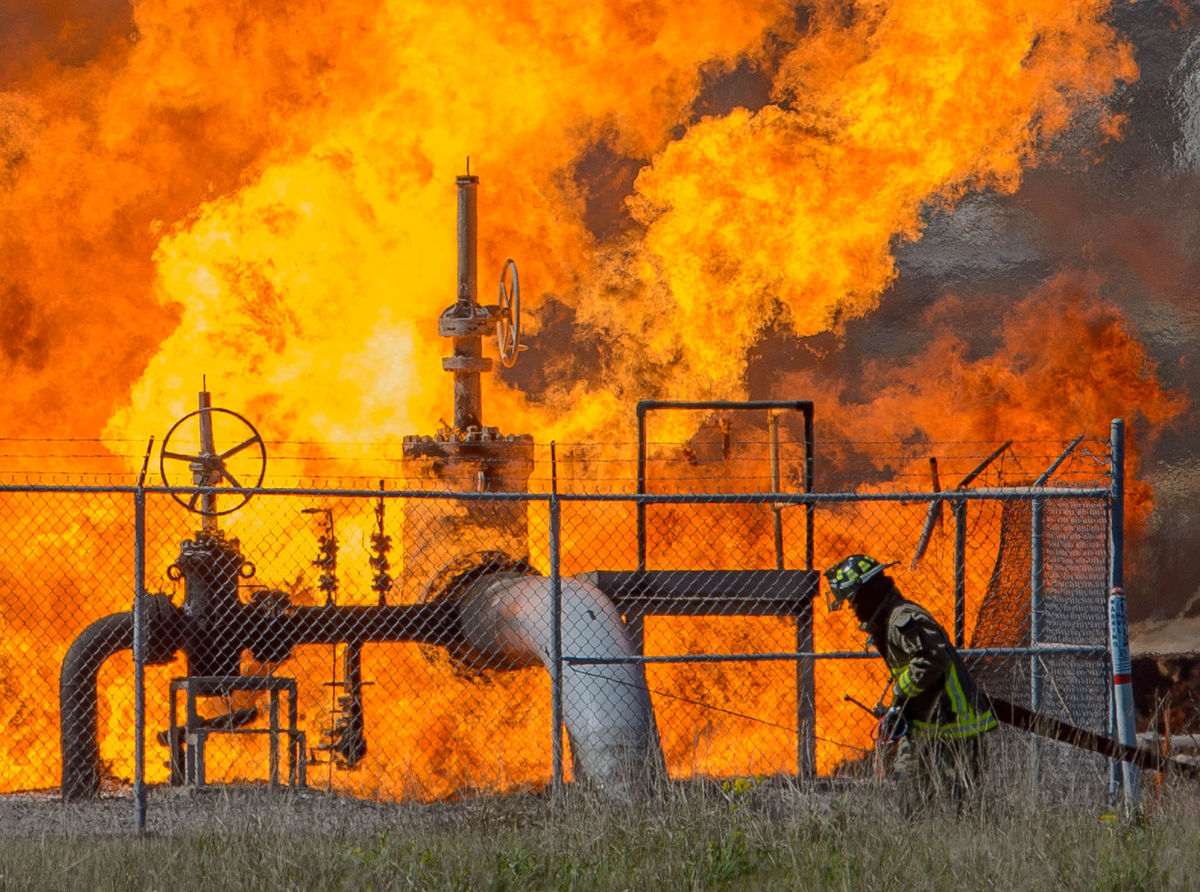
3 June 2008…the day a series of gas pipeline explosions at Varanus Island gas plant took out 30 per cent of Western Australia’s gas supply, triggering a state-wide energy crisis. Caused by a rupture of a corroded pipe, the high-pressure gas inside the pipeline overpowered the thinning steel wall, escaped and exploded into a ball of flames. With the plant shut down for several months and personnel evacuated from the island, as a major gas exporter to the mainland the impacts were significant. The explosion led to rising costs and litigation. It serves as a lesson and reminder of the importance of taking necessary steps to minimise the risks involved in pipeline projects.
Nonetheless, accidents can happen and things go wrong, underpinning the criticality of ensuring the correct contractual frameworks are used for a project and understanding how proposed dispute resolution processes operate when disputes arise during the delivery of a pipeline project no matter the severity.
Dispute Resolution Clause
Pipeline construction contracts can be drafted in such a way which provides for numerous pathways and a process to be followed when a disagreement or dispute arises. Generally, the process may first require notification by the party raising the dispute, meeting/s to occur between the parties (at various levels), and/or mediation. The dispute may then be referred to either expert determination or a dispute avoidance board (DAB), followed by the either arbitration or litigation if required.
To avoid the possibility of a dispute between the parties hindering the progression of the contract, impacting the construction or operation of an in-use pipeline, or compromising the health and safety of the public, parties should ensure a dispute resolution clause is in place which:
- is clear and unambiguous, and can operate practically (to ensure it is enforceable);
- articulates the appropriate dispute resolution process, and the terms surrounding same (i.e., timing, monetary caps, appointment of the determiner of fact); and
- addresses the ongoing obligations of the parties under the contract, notwithstanding the existence of a dispute.
Preferred Process
Our experience suggests simplified processes which encourage the use of alternative dispute resolution (ADR), such as expert determination or DAB can be beneficial to all parties. ADR can be a highly efficient and commercially cost-effective mechanism for resolving a dispute, while also helping to preserve and continue the working relationship between the parties.
What constitutes an effective dispute resolution process for a project is often dependent upon various considerations, including any project specified factors which will influence disputes, the projects value, and the respective party’s preferences for certain processes. Importantly, those involved in a pipeline construction project must be able to navigate the often unfamiliar and sometimes difficult task of selecting the most appropriate type of ADR to achieve the best possible result. Engaging an experienced lawyer is imperative to the success of a pipeline project to ensure dispute resolution mechanisms are drafted clearly and agreeable to the parties.
LPC Lawyers
The LPC Lawyers team have a wealth of experience across contractual drafting and dispute process. Through providing clients support across the duration of a project’s lifecycle, we can assist in ensuring a project’s successful and efficient delivery.
If you have any questions about your current or future projects, please do not hesitate to contact LPC Lawyers for a discussion on how we can assist you.
The contents of this article is for information purposes only; it does not discuss every important topic or matter of law, and it is not to be relied upon as legal advice. Specialist advice should be sought regarding your specific circumstances.
Contact: Peter Lamont or Stephanie Purser
Email: peter@lpclawyers.com or stephanie@lpclawyers.com
Phone: (07) 3248 8500
Address: Suite 1, Level 1, 349 Coronation Drive, Milton Qld 4064
Postal Address: PO Box 1133, Milton Qld 4064
